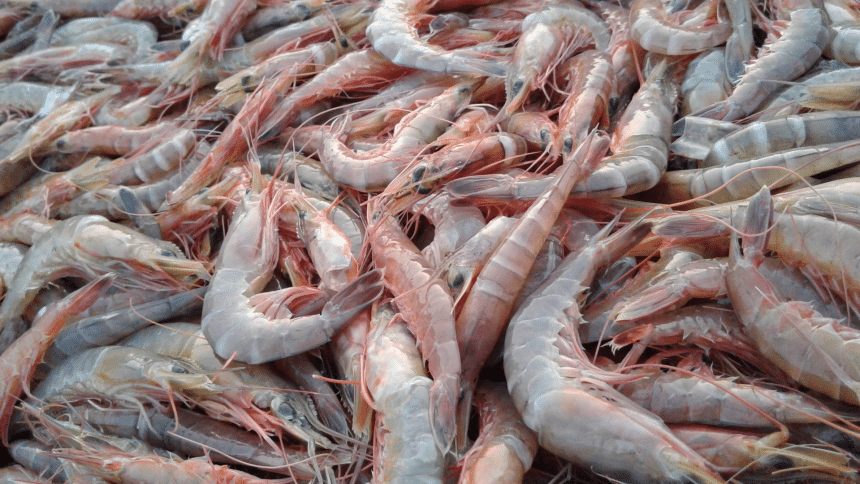Mississippi’s seafood industry is battling a flood of cheap imports, many of which don’t meet the same safety standards domestic producers uphold.
That’s why U.S. Sen. Cindy Hyde-Smith (R-Miss.) has introduced the Let Americans Buy with Explicit Labeling (LABEL) Act. The legislation, if passed, would ensure all seafood, whether wild-caught or farm-raised, is clearly labeled with its country of origin and method of production. Currently, some imported seafood labels are printed so small they are easily overlooked, putting U.S. producers at a disadvantage when competing with imported alternatives.
“Mississippi’s seafood industry is already battling a flood of cheap imports, much of which don’t meet the same safety standards our domestic producers uphold,” Hyde-Smith said. “This bill would ensure American consumers know exactly where their seafood comes from, while giving our domestic fishermen and producers a fair chance to compete.”
U.S. Sen. Tommy Tuberville (R-Ala.) joined Hyde-Smith in introducing the measure.
“American producers have been undercut by foreign producers dumping their low-quality seafood into our markets. There’s no better source for fish and seafood than Alabama ponds and the Gulf of America, and we want people to know where their food is coming from,” Tuberville said. “I’m proud to join Senator Hyde-Smith in this legislation that bolsters American seafood production, promotes safe seafood consumption, and protects our domestic producers.”
Mississippi and Alabama have already passed similar legislation requiring clear labeling of all seafood sold in their states. The LABEL Act would bring that same standard to consumers nationwide.
Specifically, the LABEL Act would:
- Require the country-of-origin label for fish and shellfish to be printed in a font size at least as large as the product name on packaging, displays, or bins.
- Take effect 180 days after adoption, giving processors, distributors, and retailers time to update their packaging.
The LABEL Act is supported by the American Shrimp Processors Association, Louisiana Shrimp Association, Southern Shrimp Alliance, and Organized Seafood Association of Alabama.
This legislation complements Hyde-Smith’s earlier efforts to strengthen food safety and transparency. In February, she introduced the Safer Shrimp Imports Act, which would require overseas shrimp to undergo inspections and meet U.S. food safety standards before being exported to the U.S.








